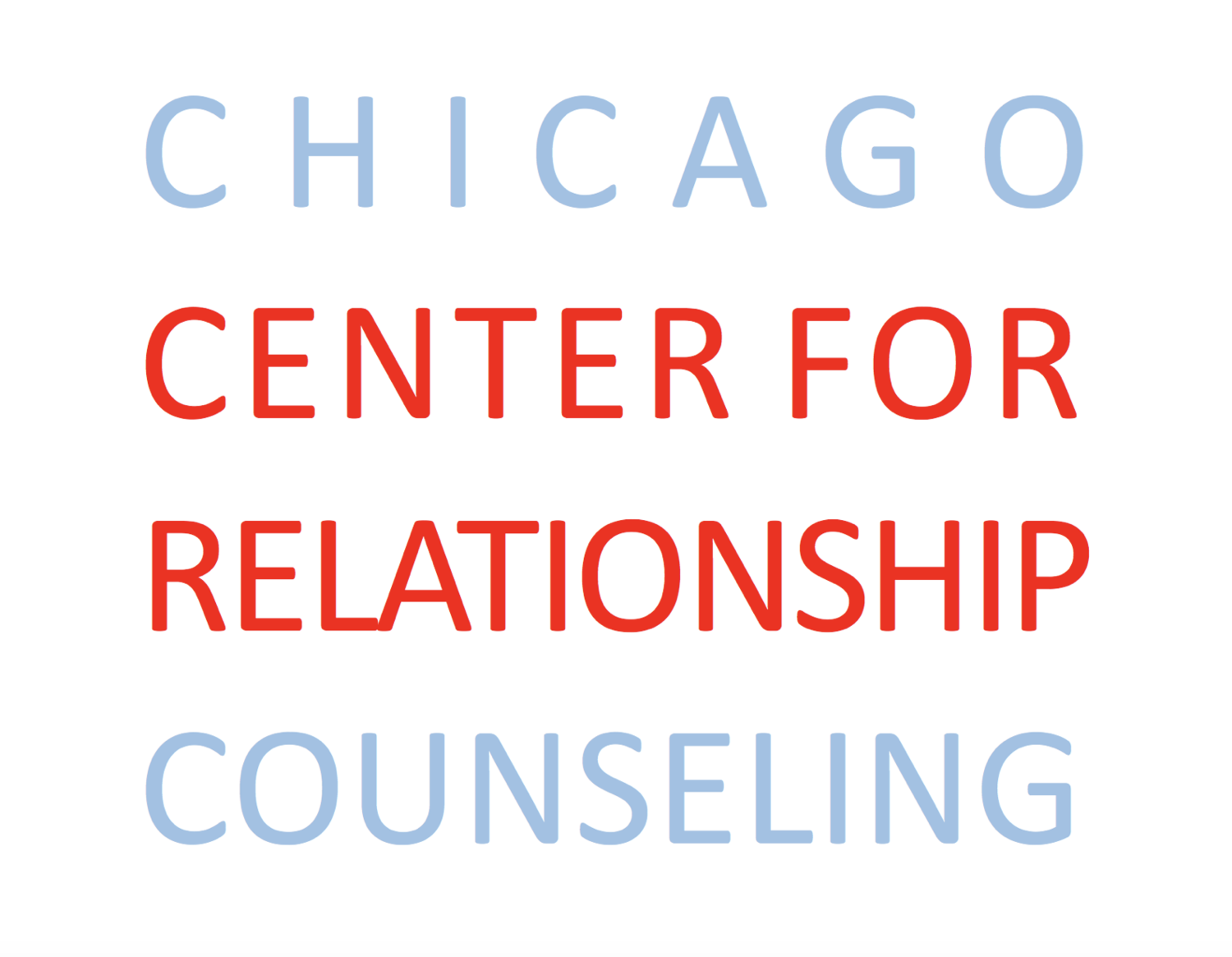How do you know whether therapy will help?
By: Shira Galston, AMFT
Obstacles abound for people considering starting therapy: lingering societal stigma surrounding mental health, high costs due to lack of insurance coverage or insane deductibles, the inherent difficulty of reaching out to a stranger for help when you’re in the midst of a crisis or just plain feeling too lousy to go outside, to name just a few. We, your therapists, are well aware of all this red tape, and as care-taking types we truly wish we could just make it all go away. If only we had that superpower.
Yes, there are still many constraints to accessing therapy. But there is some good news: fear of whether therapy will actually work doesn’t have to be one of them.
Just as scientists use randomized controlled trials to study the natural world, the psychotherapy community has applied similar standards to the study of what we call “therapeutic efficacy”; in other words, whether therapy is successful. By this point in time, we’ve actually got a pretty good idea of what works best in therapy, based on scientific evidence.
Of course, defining therapeutic success is a slippery concept to begin with. Is therapy more successful if you end up happier than when you started? Maybe. Or perhaps acceptance and meaning are higher goals? Clarity? A diagnosis? Motivation? Serenity? Medication? More sleep? And what about for a couple: is therapy only successful if the couple stays together? Or might a break-up be the most successful outcome at times? (The answer is yes, btw.)
Due to the multiple possible goals a client might have in therapy, success cannot be defined by any one metric. But generally, a pre and post assessment of a client’s general well-being and belief that their goals have been achieved are a pretty good clue as to whether therapy was helpful to them.
So, what leads to the most successful outcomes in therapy? What matters most? Is it the type of therapy? The style or personality of the therapist? The motivation of the client? The number or frequency of sessions?
Turns out, while each of these plays a small part in determining outcomes, none of them is the single most important factor in determining therapeutic efficacy.
The most important factor is actually something you can easily assess from day one of therapy: it’s the relationship between you and your therapist. We call this the “therapeutic alliance”, or “client-therapist fit” and it, too, is difficult to define, but you know it when you have it. A good alliance is a bond that feels safe, comfortable, and connected. It feels like a match of personalities, or conversation styles. It’s that feeling of whether you “click” with someone, or not. Therapists know that our relationship with the client is the most important factor in determining whether therapy will be effective, so most of us are quite focused on ensuring that you feel heard, seen, understood, respected, and all the rest that comes with any type of trusting and strong relationship. But even with all that in place, sometimes two people are just not in sync with one another, for indefinable reasons. We also can sense whether it’s not a good fit pretty early on, as can most clients, and we’re not offended if you choose to go with someone else based on not feeling that perfect fit with us. In fact, we applaud your self-awareness and self-caring willingness to advocate for finding the best possible chance at success.
So, on your very first day of therapy, pay attention to these questions most of all: do I feel a good fit with this therapist? Do I feel comfortable and safe enough to continue? Do I feel like we are in sync with one another, even though we just met? If the answer to any of these is no, then it’s important to bring this up with your therapist right away so they can either adjust or help you find a better fit.
But if the answer is yes, you can be pretty darn sure that therapy will help you. Which is pretty darn nice to know.



